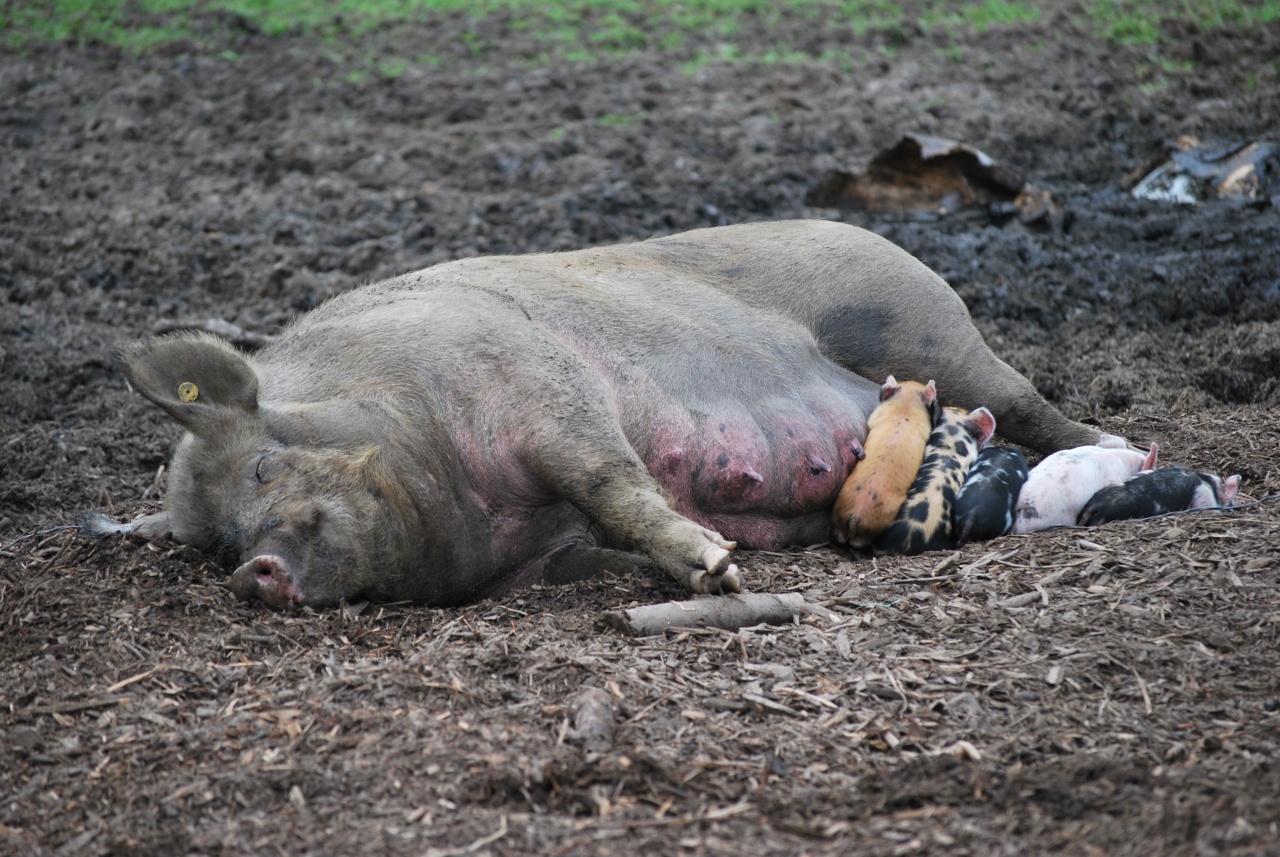Germany is a country known for its highly advanced agriculture sector, which is characterized by modern infrastructure, best practices, and cutting-edge technology.
Pig farming is one of the most prominent sectors in German agriculture, with millions of pigs raised across the country each year. However, not many people know that German pig farms have also been established in other parts of the world, including Africa.
How the idea of African pig farms came about
The idea of African pig farming by German investors is often attributed to the growing need to meet the demands of a rapidly growing global population.
Given the expected rise in the world’s population and the attendant increase in the demand for meat products, there is a growing concern about the sustainability and availability of meat products worldwide.
The idea behind setting up pig farms in Africa was to take advantage of the low cost of production and abundant land in the continent to increase the supply of meat products to the global market, while promoting the transfer of best practices to the host countries.
The factors that make Africa an ideal place for pig farming
Africa is a continent rich in resources and endowed with vast swathes of arable land. Unlike other parts of the world, such as Europe, Africa still has vast areas of land that remain uncultivated, leaving room for expansion.
As such, the cost of land is relatively low, making it feasible for farmers to set up large-scale pig farms. Additionally, labor costs are low in Africa, in contrast to Europe, where they are relatively high. Lower labor costs translate into lower overall costs of production, ensuring profitability in the long term.
The African climate is also ideal for pig farming, with temperatures averaging between 20 and 30°C, which creates the ideal conditions for the pigs to thrive.
Opportunities for African farmers
The establishment of pig farms by German investors has created a plethora of opportunities for African farmers, including the potential to acquire and learn modern farming skills and best practices.
By working with German pig farming companies, African farmers have the opportunity to learn about new technologies, feeding techniques, and breeding practices, which can help to boost productivity, reduce disease outbreaks, and improve the overall efficiency of their farms. Additionally, the demand for meat products in the global market is expected to continue rising, offering African farmers a guaranteed market for their products.
The benefits of African pig farms to the local community
Establishing large-scale pig farms by German investors in Africa has numerous benefits for the local communities in which they operate. The most significant benefit is job creation.
Pig farms require a large workforce, and investing in these farms generates local employment opportunities. The employment opportunities, in turn, promote economic growth, reduce poverty, and boost the local standard of living.
Additionally, pig farming generates other indirect benefits, such as the development of transportation infrastructure, the construction of social amenities, and the creation of local supply chains.
Challenges facing African pig farms
Despite the numerous benefits of African pig farms, there are challenges that hinder their growth. One of the main challenges is the lack of adequate infrastructure, such as roads and drainage systems.
This hampers the transportation of feed and other critical farm inputs, which, in turn, increases the cost of production. Additionally, disease outbreaks, particularly the African swine fever, pose a significant threat to healthy pig populations. African pig farmers must also contend with fluctuations in global meat prices, which can impact their profitability.
The future of African pig farms
With global demand for meat products projected to continue rising, the future of African pig farms looks bright.
However, for these farms to be successful, it will require a concerted effort by African governments to invest in critical infrastructure, promote the transfer of knowledge and skills from German pig farming companies to local farmers, and offer incentives such as tax breaks to encourage investors to set up pig farms in the continent.
Conclusion
The establishment of African pig farms by German investors is a significant development that promises to revolutionize pig farming in Africa.
By leveraging the low cost of production, abundant land, and favorable climate, German investors are pushing the boundaries of what is possible in the pig farming industry. In the long term, this has the potential to increase the global supply of meat products, create employment opportunities, and promote economic growth in the local communities where these farms are established.






























